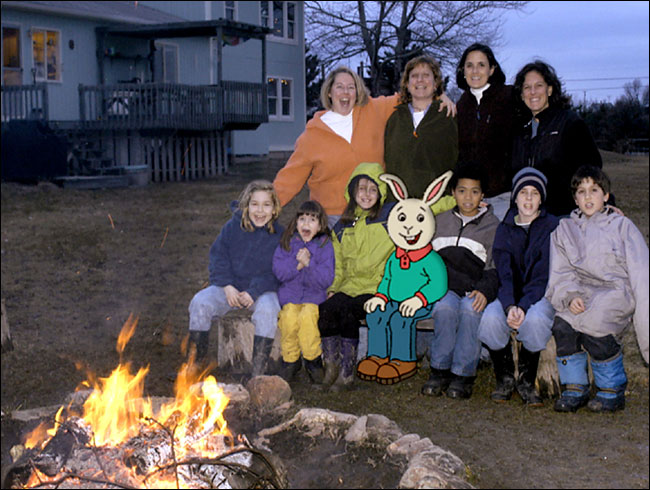Censorship might stop the expression of unpopular ideas but it short-circuits real political change.

Recently, the Jamaican LGBT group J-Flag toured the U.S. and gave audiences an inkling of the intense homophobia facing queers on their island. J-Flag’s work is important, but its struggle is being linked to calls for more censorship. Working with J-Flag, the British gay-rights group OutRage claims a direct link between the deaths of Jamaican LGBTQs and the homophobic lyrics of reggae and dancehall singers like Beanie Man. Amnesty International, whose Sarah Green commented, “We are very concerned that hateful lyrics have helped to create a culture and atmosphere of violence,” takes a similar position.
But reggae and dancehall artists are convenient scapegoats. Jamaican laws criminalize gay sex and there are no legal protections for workplace discrimination on the grounds of sexuality. Silencing music does not address these social problems. And it’s one thing for Amnesty to ask the Jamaican government to bring attention to homophobia. It’s quite another for Amnesty and OutRage to censor what they deem to be offensive. Their actions affirm the economic and political power that Britain and the U.S. have over Jamaica and backfire by making officials resent outside interference.
In February, OutRage announced that it had reached an agreement with Jamaican reggae groups and their recording companies to ban future homophobic lyrics and public statements. The group’s Peter Tatchell said: “We hope this is the beginning of a new era in reggae music, where the artists rekindle the spirit of one love, peace, unity, brotherhood and social justice promoted by reggae pioneers like the legendary Bob Marley.” Would this be the same Bob Marley who sang “I shot the Sheriff?”
For over two decades, the International Monetary Fund has kept Jamaica in the grip of trade agreements that ensure high rates of poverty. Jamaica’s economic devastation is invisible to the tourists who spend weeks basking in its sunshine and sipping tropical drinks. For them, “Jamaica” is a paradise and its natives are happy island people without a care in the world.
There is a parallel between the fantasy of Jamaica and the fantasy of reggae being perpetuated by OutRage. Marley’s lyrics are isolated from their socially and politically charged contexts and he is frozen in time as the eternal colonialist fantasy of the Rasta Man.
Censorship cannot end homophobia. If censoring reggae seems like a good way to end homophobia, let’s remember Buster the bunny from the PBS show Postcards from Buster.” Education Secretary Margaret Spellings declared that the cartoon character’s visit to the children of two lesbians would “undermine” the quality of programming and offend “many parents.” PBS capitulated to the pressure and another moment of queer visibility was lost.
These two episodes might seem unrelated but the pressure to censor reggae is the same as that exerted upon television programming by those who find queers or queer subjects offensive. Censorship might stop the expression of unpopular ideas but it short-circuits real political change.
Vibrant art and music draw their strength from the willingness to be unpopular, unacceptable, and unpalatable. And then there are the moments of rage brought on by insipid work, proving that the urge to censor is not uncommon.
I regret never having taken an axe to the cows masquerading as public art throughout downtown Chicago in 1999. But who was I to dictate what others should not see? Take away anger, confusion, ambivalence, and calls for revolution and this is what we’re left with: banality, economic tyranny, and a lot of cows.